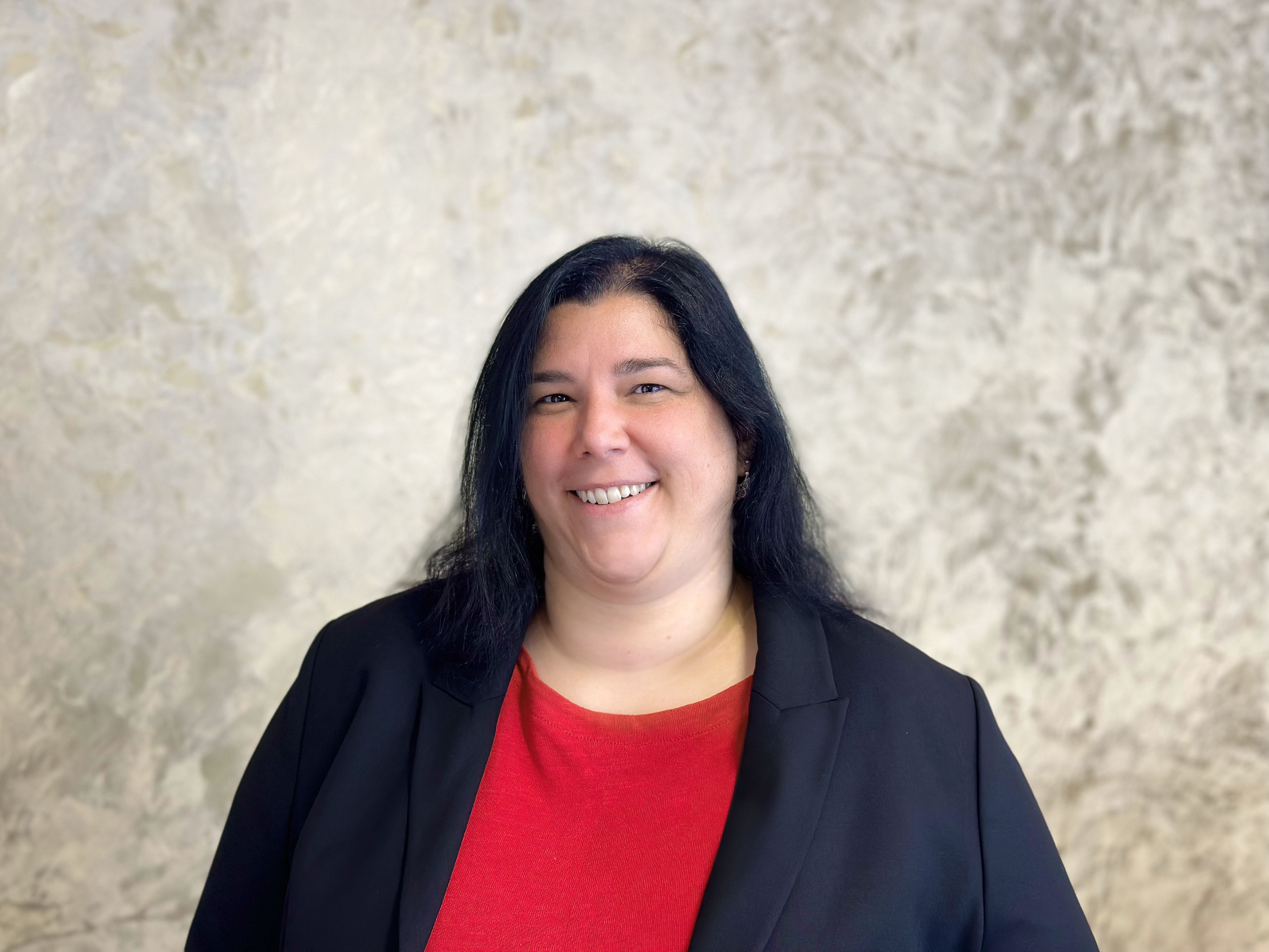
Miriam Eisenbart studied mechanical engineering at KIT before joining the fem Research Institute for Precious Metals and Metal Chemistry in Schwäbisch Gmünd as a research assistant. For the past 2.5 years, she has been coordinating the platform MaterialDigital project KupferDigital. Since May, she has been head of the newly founded department "Digitalisation and AI" at the fem.
Definitely the interdisciplinary work. I really like exchanging ideas with other disciplines and learning something new. Even if there can be misunderstandings, both sides can only benefit. We are witnessing the formation of a new community and the emergence of a new field; you could say that there is a real pioneering atmosphere.
The biggest challenge is to bundle all the results that arise in the projects in order to develop common, future-proof standards. Where many ideas are advanced at the same time, there are often several solutions for similar issues. Our aim is to find a common denominator. We are already looking forward to tackling the upcoming challenges in a follow-up project!
I think a career in science is just the best excuse to never stop learning.
I was able to meet one of my absolute scientist idols in person and even found out that he had read my doctoral thesis.
Today, we can study and quantify materials with an incredible number of methods, and nevertheless they have not yet revealed all their secrets. I can't imagine anything better than to work on helping us understand the world around us a little better. I think it's important to present my work to an audience of non-specialists as well, it gives me a completely different perspective on the value of my work itself.
Curiosity, but also a tolerance for frustration. It's very important to keep at it, even if something goes wrong. That is simply part of scientific research.
Coordinate, communicate and coffee :).